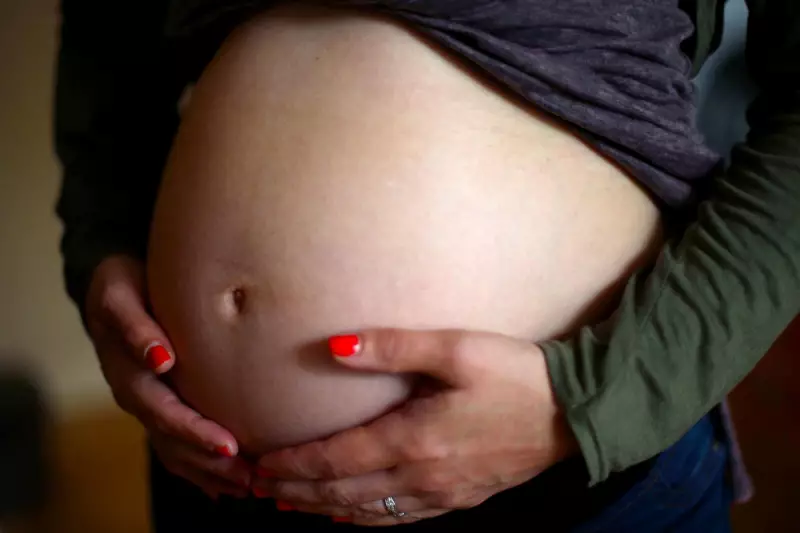
A comprehensive analysis of NHS data has revealed the heartbreaking reality that approximately one in every 200 pregnancies in England results in stillbirth, exposing significant variations in outcomes across different regions and healthcare trusts.
The Stark Numbers Behind Pregnancy Loss
The report, examining data from April 2022 to March 2023, shows that 3,307 babies were stillborn out of 664,184 total births. This translates to a national stillbirth rate of 0.50%, though the figures conceal dramatic regional disparities that have raised serious concerns among healthcare professionals.
Postcode Lottery in Maternity Outcomes
Shockingly, the data reveals a troubling postcode lottery in stillbirth rates. At Birmingham Women's and Children's NHS Foundation Trust, the rate reached 0.89% - nearly double the national average. Similarly, University Hospitals of Leicester recorded 0.81%, while Liverpool Women's Foundation Trust stood at 0.78%.
Conversely, some trusts demonstrated significantly better outcomes, with Milton Keynes University Hospital reporting just 0.17% and Frimley Health Foundation Trust at 0.21%, proving that better results are achievable.
Understanding the Risk Factors
Medical experts highlight several contributing factors to stillbirth risk:
- Advanced maternal age
- Obesity and underlying health conditions
- Smoking during pregnancy
- Socioeconomic deprivation
- Variations in maternity care quality
Call for National Action
The report has sparked urgent calls for improved and standardized maternity care across England. Healthcare leaders emphasize that many stillbirths are preventable through better monitoring, timely interventions, and addressing health inequalities.
Professor Basky Thilaganathan, clinical director of the Fetal Medicine Foundation, stated: "The variation in stillbirth rates between trusts is unacceptable. We need to understand why some hospitals are achieving much better outcomes and ensure these best practices are implemented nationwide."
Moving Forward: Hope for Improvement
Despite the concerning findings, there is hope. The NHS has committed to reducing stillbirth rates by 50% by 2025 compared to 2010 levels. Ongoing initiatives include improved fetal growth monitoring, better management of pregnancy complications, and enhanced training for healthcare staff.
For expectant parents, experts recommend attending all antenatal appointments, reporting any changes in baby's movements immediately, and maintaining open communication with healthcare providers throughout pregnancy.





